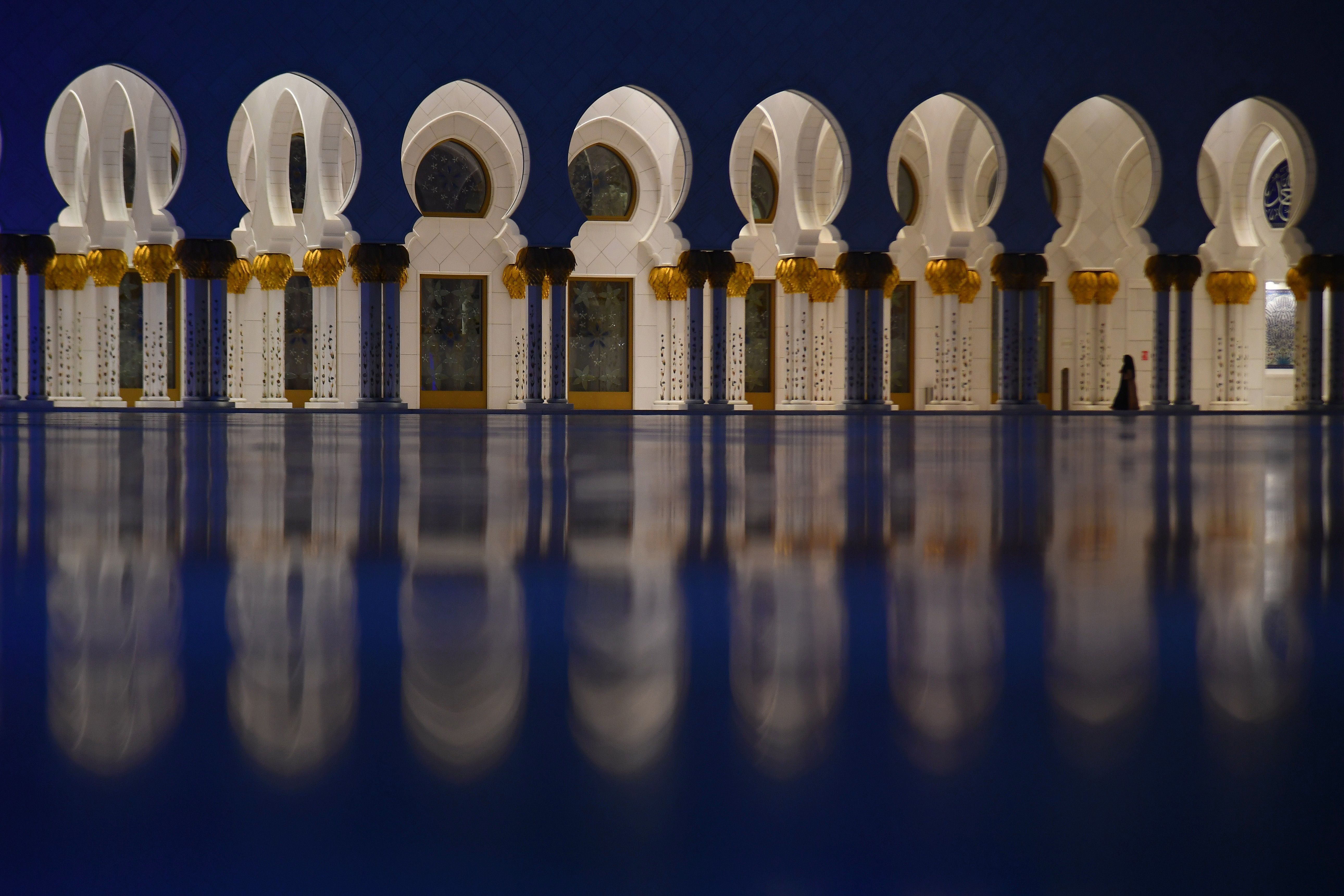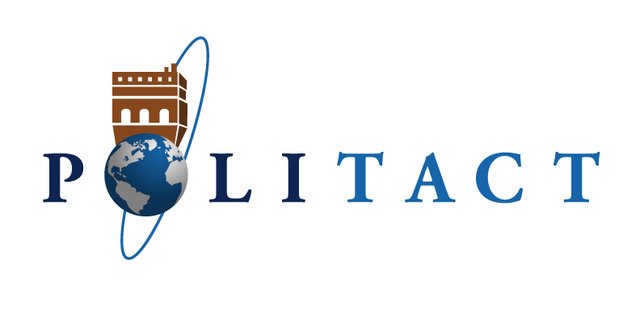Pakistan’s economic, cultural and military engagement with the Gulf, and Saudi Arabia in particular, goes back decades. In recent years, these relationships have deepened and intensified. Pakistan’s economic dependence on the Gulf Arab states has grown while these states have become ever more reliant strategically on Pakistan. Upwards of $10 billion in trade was registered last year with Saudi Arabia, the UAE and Qatar, and an economically struggling Pakistan relies heavily on loans and the remittances of its roughly 3.7 million expatriate workers in the Gulf. Pakistan is in turn increasingly involved in providing for the domestic security of these countries and has become more openly the Kingdom’s endgame.
Among the questions this panel will answer are: how does Pakistan consider the intensifying Saudi-Iranian rivalry in its foreign policy? How might Pakistan be uniquely positioned to serve as a conflict mediator in the Gulf and Yemen?
Speakers:
Shamila Chaudhary
Senior South Asia fellow, International Security program, New America Foundation
Shamila Chaudhary specializes in U.S.-Pakistan relations, Pakistan domestic politics and security policy, and regional issues in South Asia. She is senior advisor to Dean Vali Nasr at the School for Advanced International Studies (SAIS) at Johns Hopkins University and is a senior South Asia fellow at New America. She worked on Pakistan, Afghanistan and Sri Lanka at the political risk consulting firm Eurasia Group from 2011-2013. She also has years of experience working in the U.S. government, most recently at the White House as director for Pakistan and Afghanistan on the National Security Council from 2010-2011. Prior to her work at the NSC, she worked on the Department of State’s policy planning staff, where she advised Secretary Clinton and the late Ambassador Richard Holbrooke on Afghanistan and Pakistan. Chaudhary served on the State Department’s Pakistan Desk from 2007-2009 and covered economic, humanitarian response, and development issues on the Indonesia desk from 2004-2007. She worked on democracy and governance issues at the U.S. Agency for International Development from 2000-2004. She is a term member of the Council on Foreign Relations and a member of the World Economic Forum’s Global Agenda Council on Pakistan.
Shehryar Fazli
Consultant, World Bank
Shehryar Fazli is a political analyst and author. He was raised in Paris, Mauritius, and Pakistan, educated in Canada and the United States. He is the author of the novel Invitation (2011), which was the runner-up for the 2011 Edinburgh International Festival’s first book award. He is the South Asia regional editor and senior analyst, based in Islamabad. He has held the position since July 2008. Previously, he was South Asia analyst for Crisis Group from 2003-2005. His area of expertise include rule of law, security sector reform, Pakistan-India relations, among many others.
Amb. (ret.) Gerald Feierstein
Director for government relations, policy and programs, MEI
Ambassador Gerald Feierstein is director for government relations, policy, and programs at MEI. He retired from the U.S. Foreign Service in May 2016 after a 41-year career with the personal rank of career minister. As a diplomat he served in nine overseas postings, including three tours of duty in Pakistan, as well as assignments in Saudi Arabia, Oman, Lebanon, Jerusalem, and Tunisia. In 2010, President Obama appointed Ambassador Feierstein U.S. Ambassador to Yemen, where he served until 2013. From 2013 until his retirement, Ambassador Feierstein was principal deputy assistant Secretary of State for Near Eastern Affairs. In addition to his career-long focus on the Near East and South Asia, Ambassador Feierstein also played a prominent role in developing and implementing State Department policies and programs to counter violent extremism. As deputy coordinator and principal deputy coordinator in the State Department’s counter-terrorism bureau, Ambassador Feierstein led the development of initiatives to build regional networks to confront extremist groups as well as to counter terrorist financing and promote counter-terrorism messaging.
Amb. (ret.) Richard Olson
Former U.S. ambassador to Pakistan
Ambassador Richard Olson served as the coordinating director for development and economic affairs at U.S. Embassy Kabul, Afghanistan, from 2011 to 2012. He also served as U.S. Ambassador to the United Arab Emirates from 2008 to 2011. Olson joined the U.S. Department of State in 1982. He served in Mexico, Uganda, Tunisia, Saudi Arabia, Ethiopia, the United Arab Emirates (both Abu Dhabi and Dubai), and in Najaf, Iraq. He was also deputy chief of mission at the United States Mission to the North Atlantic Treaty Organization (NATO). His Washington assignments included: State Department Operations Center (twice), NATO Desk, the Office of Israel and Palestinian Affairs (twice, including as Director), and the Office of Iraqi Affairs, including as director. Olson is a recipient of the Secretary of State’s Distinguished Service Award, a Presidential Distinguished Service Award, the Secretary of State’s Award for Public Outreach, the State Department’s Superior Honor Award (three times), and the Secretary of Defense’s Exceptional Civilian Service Award (for his service in Iraq). He was awarded the medal of Wazir Akbar Khan by President of Afghanistan Ashraf Ghani.
Marvin Weinbaum, moderator
Director for Afghanistan and Pakistan studies, MEI
Marvin G. Weinbaum is professor emeritus of political science at the University of Illinois at Urbana-Champaign, and served as analyst for Pakistan and Afghanistan in the U.S. Department of State's Bureau of Intelligence and Research from 1999 to 2003. He is currently director for Pakistan Studies at the Middle East Institute. At Illinois, Dr. Weinbaum served for fifteen years as the director of the program in South Asian and Middle Eastern Studies. His research, teaching, and consultancies have focused on the issues of national security, state building, democratization, and political economy in Afghanistan and Pakistan. He is the author or editor of six books and has written more than 100 journal articles and book chapters. Dr. Weinbaum was awarded Fulbright Research Fellowships for Egypt in 1981–82 and Afghanistan in 1989–90, and was a senior fellow at the United States Institute of Peace in 1996–97. He has been the recipient of research awards from the Social Science Research Council, the Ford Foundation, the American Political Science Association, and other granting agencies.
Co-Sponsor













